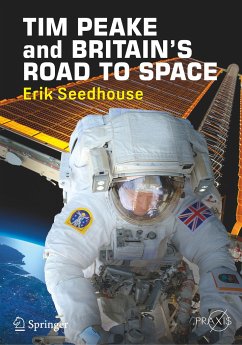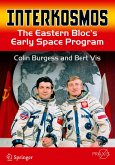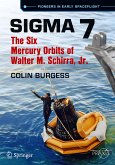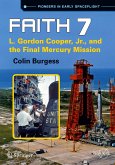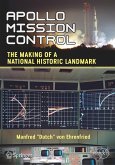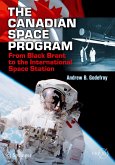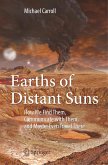For centuries the British developed a reputation as a nation of explorers. From Francis Drake's circumnavigation of the globe to the ascent of Everest, British explorers crossed oceans and continents and ventured where few, if any, had gone before. Until very recently, that legacy of exploration had not extended to space. For decades, successive governments chose to stay out of the human spaceflight programme, but in 2008 there were signs of optimism when ESA selected a new class of six astronauts, including, for the first time, a British representative: Timothy Peake.
This book puts the reader in the flight suit of Britain's first male astronaut. In addition to delving into the life of Tim Peake, this book discusses the learning curves required in astronaut and mission training and the complexity of the technologies required to launch an astronaut and keep them alive for months on end. This book underscores the fact that technology and training, unlike space, do not exist in a vacuum; complex technical systems, like the ISS, interact with the variables of human personality, and the cultural background of the astronauts. But ultimately, this is the story of Tim Peake and the Principia mission and the down-to-the-last-bolt descriptions of life aboard the ISS, by way of the hurdles placed by the British government and the rigors of training at Russia's Star City military base.
This book puts the reader in the flight suit of Britain's first male astronaut. In addition to delving into the life of Tim Peake, this book discusses the learning curves required in astronaut and mission training and the complexity of the technologies required to launch an astronaut and keep them alive for months on end. This book underscores the fact that technology and training, unlike space, do not exist in a vacuum; complex technical systems, like the ISS, interact with the variables of human personality, and the cultural background of the astronauts. But ultimately, this is the story of Tim Peake and the Principia mission and the down-to-the-last-bolt descriptions of life aboard the ISS, by way of the hurdles placed by the British government and the rigors of training at Russia's Star City military base.
"This installment in Springer's space exploration series focuses on the UK's role in space exploration. ... Seedhouse (Embry-Riddle Aeronautical Univ.) supplements his text with many photographs and interesting appendixes, including information on the ESA astronaut selection criteria, the Soyuz-TMA Spacecraft, and science projects on the ISS. This book will be appreciated by those with an interest in British and European space programs." (J. Z. Kiss, Choice, Vol. 56 (1), September, 2018)

